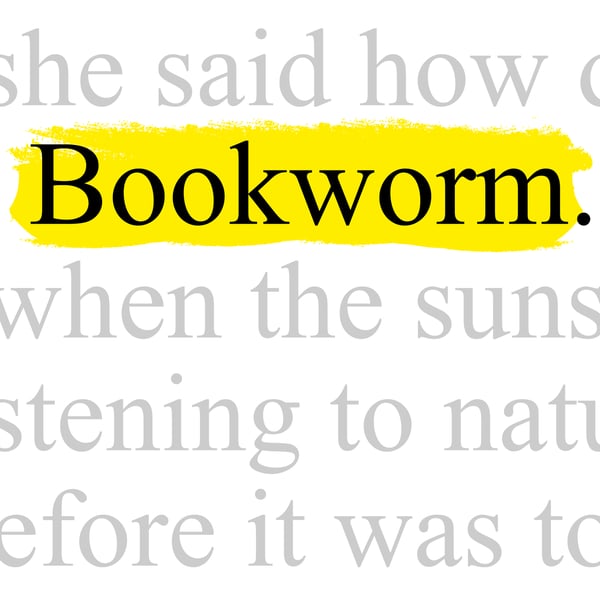Summary
Accordion Crimes (Scribner)
In her newest book, Pulitzer Prize-winning novelist Annie Proulx presents an historical cavalcade: her vision of the violence that has been perpetuated against emergingminority cultures.
Transcript
Click on a timestamp to play from that location
| 0:00.0 | You are a human animal. |
| 0:07.4 | You are a very special breed, |
| 0:11.6 | for you are the only animal. |
| 0:15.0 | Who can think, who can reason, who can read. |
| 0:19.0 | Hello and welcome to Bookworm. |
| 0:26.6 | Today, my guest is Iani Prue, the author most recently of Accordian Crimes, the author, of course, as well of the shipping news, which won the Pulitzer Prize as well as other |
| 0:32.6 | prizes, postcards, and a book of short stories called Heart Songs. |
| 0:36.6 | Accordian Dreams begins, I think, in a sense, with the idea of embracing the subject. |
| 0:46.6 | An accordion needs to be embraced, and an accordion is frequently the refused, the rejected instrument, and this book begins, it seems to me, in an embrace of all of the rejected. |
| 1:03.5 | That's an extremely acute observation. We're dealing with three packages of rejection here, the accordion, which is indeed a rejected |
| 1:14.7 | instrument in America, nowhere else. We're dealing with immigrants who are rejected, and we're |
| 1:22.3 | dealing with black people. And there's a quotation from Cornell West's Race Matters as an epigraph in the front |
| 1:29.6 | that is to that point. So we have three packages of rejection here. And it was my intent to |
| 1:38.4 | open some of those packages a little way and to leave some others closed for the reader to open themselves, |
| 1:45.9 | either when reading it or some later time. |
| 1:48.4 | One of the things I've noticed, you know, I'm only surprised that I read a different book |
| 1:54.1 | than the ones that the critics have reviewed. |
| 1:57.3 | But they've been speaking about the book as if its first chapter were the same as its sixth or its seventh, whereas it seems to me that the book is a progression of styles. |
| 2:10.3 | Yes, it is. |
| 2:11.9 | Could you speak about that? |
| 2:14.9 | It starts slowly, and the language is somewhat stilted and formal. |
| 2:19.8 | The sentences are long and involved. |
... |
Please login to see the full transcript.
Disclaimer: The podcast and artwork embedded on this page are from KCRW, and are the property of its owner and not affiliated with or endorsed by Tapesearch.
Generated transcripts are the property of KCRW and are distributed freely under the Fair Use doctrine. Transcripts generated by Tapesearch are not guaranteed to be accurate.
Copyright © Tapesearch 2025.

